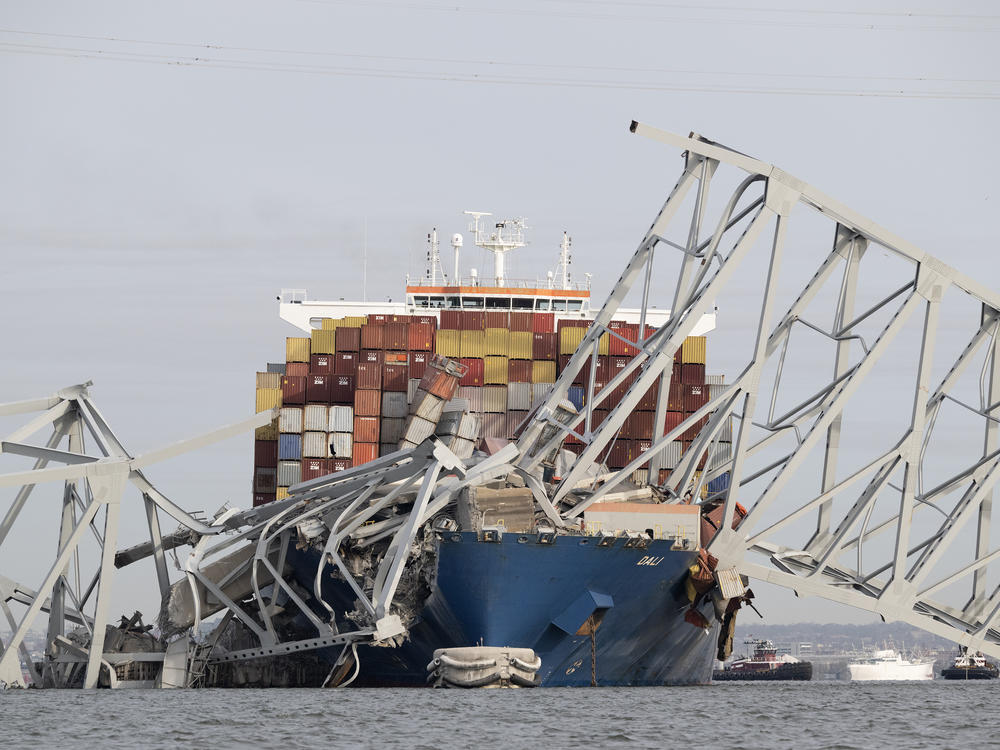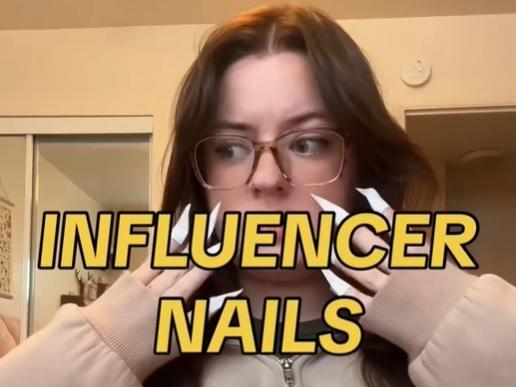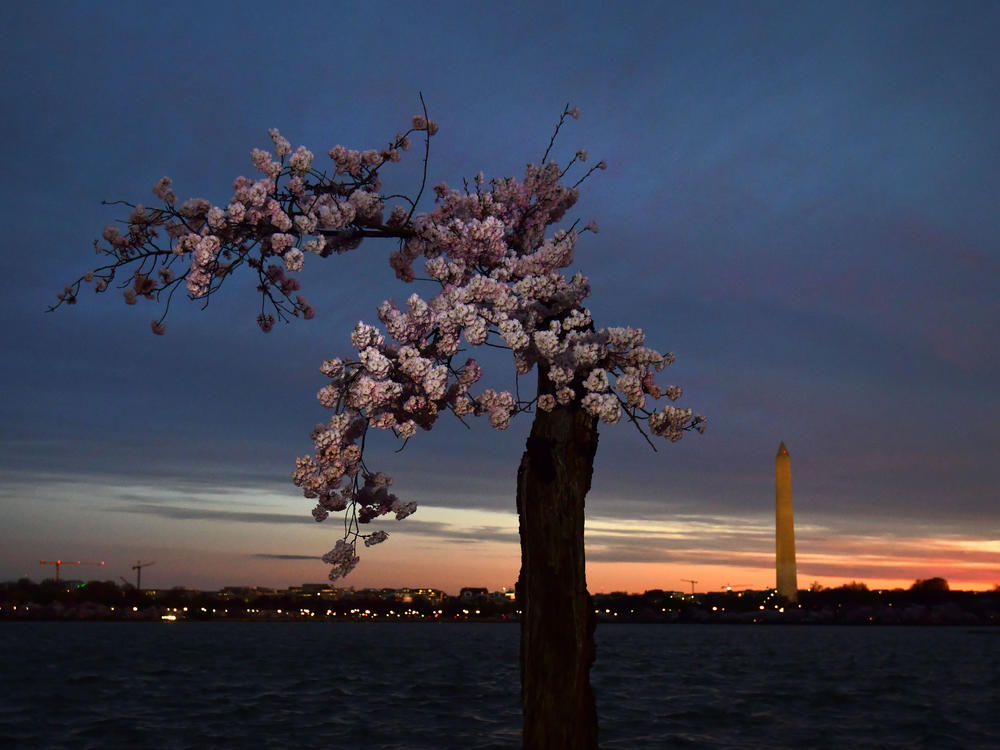Section Branding
Header Content
6 presumed dead in Baltimore bridge collapse; former RNC chair dropped from NBC
Primary Content
Good morning. You're reading the Up First newsletter. Subscribe here to get it delivered to your inbox, and listen to the Up First podcast for all the news you need to start your day.
Today's top stories
Six people are presumed dead after the cargo ship Dali crashed into Baltimore's Francis Scott Key Bridge early Tuesday morning. The Dali is owned by Singapore-based company Grace Ocean Private and was chartered by Danish company Maersk. The U.S. Coast Guard ended its active search and rescue last night and transitioned to a recovery mission. Here's what we know — and don't — about the bridge collapse.
- NPR's Andrew Limbong is in Baltimore, where he tells Up First that the National Transportation Safety Board is leading the investigation. Singaporean officials are on their way to the U.S. to assist. Limbong reports that it may be some time before we get answers. The six missing people were Hispanic construction workers filling potholes at the time of the crash. Maryland Gov. Wes Moore said the crew's mayday signal prevented more deaths.
- The Maritime and Port Authority of Singapore says a "momentary loss of propulsion" could have caused the crash. Experts say an electrical failure may have been a contributing factor.
- The collapse has disrupted a major East Coast transit route and shut down a large section of the Baltimore port. The auto industry will feel one of the worst adverse economic consequences of the incident.
- Social media influencers and right-wing media figures spread conspiracy theories online in the hours after the collapse. Many rumors on X came from accounts with subscription checks, meaning their posts are boosted by the algorithm. Critics say the system incentivizes the sharing of inflammatory content.
- Roughly 10% of drowning deaths in North America happen in submerged vehicles. Here's how to escape if you find yourself in one.
- See photos from Baltimore as the recovery effort continues.
NBC has dropped its newest contributor, former Republican National Committee Chair Ronna McDaniel, following public backlash and concern from the network's top talent. McDaniel, a Trump ally, was hired two weeks after stepping down from her RNC role.
- On Morning Edition, NPR's David Folkenflik says hiring McDaniel brought questions of whether her loyalties lie with NBC's audience, newsroom, Trump or her own career aspirations. He says this incident would make Republicans trust the network less than "if they had done nothing with McDaniel to begin with."
Deep dive
It's common to see influencers on social media try to convince you to buy new skincare, clothing, books, gadgets and more. But in the past few years, a new trend of de-influencing has emerged. As these de-influencers gain popularity, what started as a backlash to advertising could have real benefits for the environment.
- De-influencing encourages people to buy less stuff and use what they already have.
- Content creator Christina Mychaskiw says she makes de-influencing videos because the shopping haul videos she watched growing up normalized overconsumption.
- Some content creators have capitalized on the trend. They make videos "de-influencing" viewers from one product to promote a more affordable one — a method that Mychaskiw says still encourages consumption.
- Other creators have taken the trend one step further by de-influencing viewers from certain products and providing advice on how to live more sustainably.
Picture show
Washington, D.C.'s cherry blossoms draw more than a million visitors every Spring. This year, many are honoring one very special tree. Stumpy is a scraggly tree that always manages to bloom despite his stature. But this year, he'll be cut down, along with more than 100 others, as part of a project to rebuild and raise the sea walls around D.C's tidal basin.
See photos of how visitors have been celebrating Stumpy's life during peak bloom.
3 things to know before you go
- New Hampshire could become the first state in the U.S. to limit French Bulldog breeding. Although they're the most popular breed in the country, they're known for health problems.
- Police in Coeur d'Alene, Idaho and the FBI are investigating after the University of Utah women's basketball team alleged they were racially harassed while staying in the city for the NCAA March Madness tournament.
- Robert F. Kennedy Jr. announced Nicole Shanahan, a wealthy California attorney, as his running mate for the 2024 presidential election.
This newsletter was edited by Majd Al-Waheidi.




